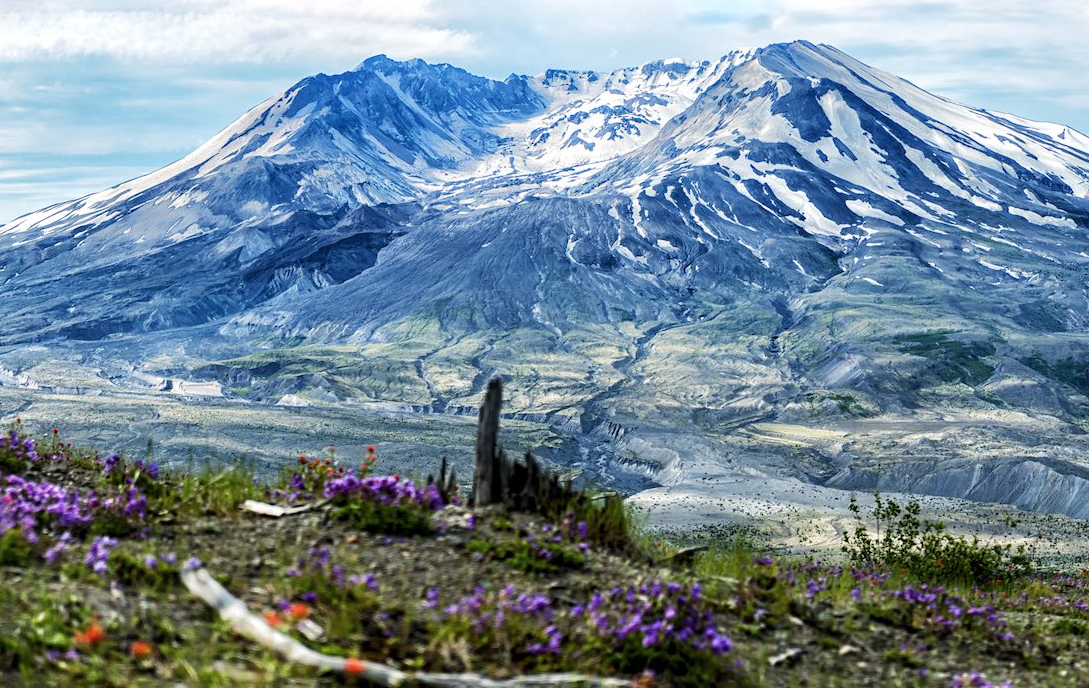America the Beautiful
America is a covenant of family, received from fathers, given to children, entered not by abstract invocations but by submission to its traditions.

What to Americans of 2026 will be the Fourth of July? The 250th anniversary of the signing of the Declaration of Independence is only four years away, but those years seem set to be decisive, when we consider the future of our country. One can imagine there being, after a right-wing win of the White House, grand celebrations nationwide, akin to the bicentennial of 1976—an effort to recreate a common language for America. Or perhaps, with a compromise victory, a conciliatory small-c conservative president, there would be a cheerful and festive, but most importantly normal, acknowledgment of the date, an appropriate speech, fireworks, the cookout price a little lower than the year before. But one can also imagine, quite easily, looking to the left, the United States of America turning 250 with little official fanfare, if not outright opprobrium, and only local special celebration.
Indeed, such a forgetting, this potential passing over of memory, has already happened. Where was the nationwide rejoicing in November and December of 2020 or Thanksgiving 2021 that Providence had preserved the hope of our Pilgrim fathers for 400 years? The four century mark of treating North America not just as a New World to be exploited for financial gain, but as a promised land to settle and prosper in, came and went with barely a murmur. And I will make of thee a great nation, and I will bless thee, and make thy name great; and thou shalt be a blessing. The first experiment in self-government on these shores, the Mayflower Compact, was signed November 21, 1620. The Pilgrims arrived in Plymouth Harbor on December 16 of that year. The First Thanksgiving was in 1621.
It will be objected that the Pilgrims are hardly as important to our national identity as the Declaration of Independence, that though we may have moved to forget one we will surely not forget the other. The Declaration with its universalist propositions, someone might say after Abraham Lincoln’s gloss of the Proverb, is the apple of gold in the Constitutional setting of silver, and the very tie that binds us up as a people—the Pilgrims are only one strand in our pluralist tapestry. But let us answer with another Lincolnism, and look to his Lyceum Address from which so much of the language of American civic piety, “political religion,” has been derived. Lincoln said: “I know the American People are much attached to their Government;---I know they would suffer much for its sake;---I know they would endure evils long and patiently, before they would ever think of exchanging it for another.”
Subscribe Today
Get daily emails in your inbox
The American people is not made by the American government, or by American propositions; it preceded the form of our republicanism. The American Constitutional system and the American Declaration are choices an American people made, and thus Lincoln could ask that his young listeners commit themselves to their preservation, continue to choose them. “As the patriots of seventy-six did to the support of the Declaration of Independence, so to the support of the Constitution and Laws, let every American pledge his life, his property, and his sacred honor;---let every man remember that to violate the law, is to trample on the blood of his father, and to tear the character of his own, and his children's liberty.” It is a covenant of family, received from fathers, given to children, an organic and historic continuity that is entered not by abstract invocations but by submission to its laws and participation in its traditions.
So though I am grateful for the sign of union and continuity celebrated by the “Star-Spangled Banner,” there is another old song that would be more appropriate as our national anthem. “America the Beautiful” distills the continental inheritance and pilgrim and pioneer stories that in our sharing make Americans American, and it makes the prayers that are needful for any country to flourish. “O beautiful for pilgrim feet / Whose stern impassioned stress, / A thoroughfare for freedom beat / Across the wilderness! / America! America! / God mend thine every flaw, / Confirm thy soul in self-control, / Thy liberty in law!” Here in this song the particularities of American history, America’s roots in English Christian civilization, its origins in thirteen distinct colonies, its growth in westward expansion, take up the need for a civic piety that every new arrival can submit himself to, and make a harmony.
My personal American pilgrimage has not been westward, but east to D.C. from Washington State. My Fourth of July was spent with friends—friends from college, new friends, and friends of friends. There were many toddlers and a few very newborn babies, experiencing their first Independence Day. This time in community made the birthday of our form of government special, but only because I had already learned to love this country through the Fourth of July that I missed, back home. There my parents took my nieces to the parade, the mountains in sight, the ocean only an hour away, the mighty Columbia slipping silently by, all covered in green, trees straight and tall. Thus were the Independence Days of my childhood, and thus was my childhood, in the place that by loving I could grow to admire the country it was a part of, and not just a country, but a people and a story, too.